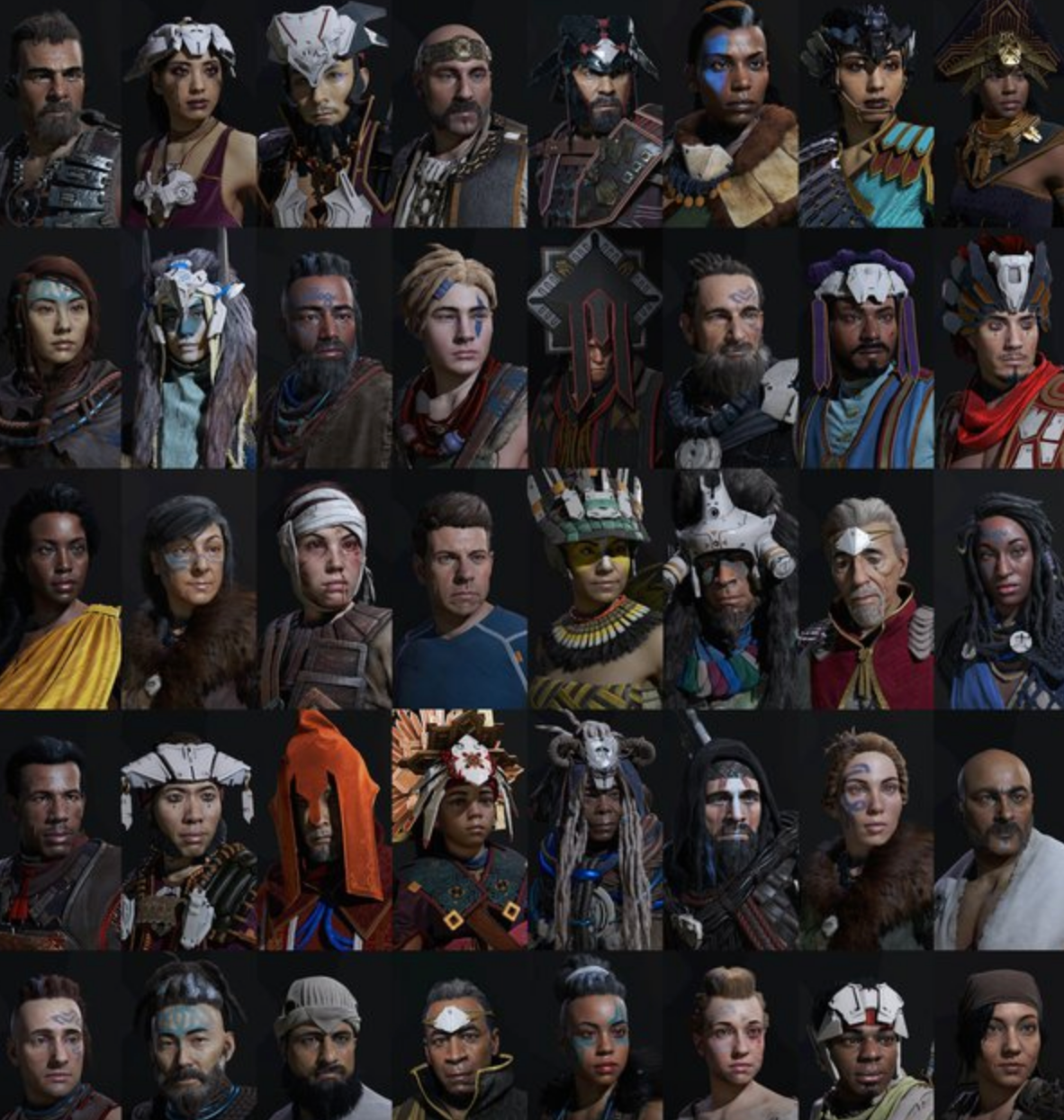In recent years, the gaming industry has made significant strides towards embracing diversity and inclusivity, recognising the importance of representing a wide range of voices, identities, and experiences within games. In the UK market, diversity in gaming is not only a matter of social responsibility but also a strategic imperative for fostering innovation, creativity, and community engagement. In this blog post, we'll explore the significance of diversity in gaming for the UK market and its impact on players, developers, and the industry as a whole.
- Reflecting Real-World Diversity:
Diverse representation in gaming allows players to see themselves reflected in the virtual worlds they inhabit, fostering a sense of belonging and inclusivity. For UK gamers, who come from a variety of cultural backgrounds, ethnicities, genders, sexual orientations, and abilities, seeing characters and stories that resonate with their lived experiences is essential for creating meaningful connections to games. By portraying diverse characters and narratives, developers can create more immersive and authentic gaming experiences that appeal to a broader audience.
- Fostering Creativity and Innovation:
Diversity in gaming also fuels creativity and innovation by bringing together individuals with different perspectives, talents, and ideas. In the UK, a culturally rich and diverse society, game developers have a unique opportunity to draw inspiration from a wide range of cultural influences, traditions, and stories. By incorporating diverse themes, settings, and characters into their games, developers can explore new creative avenues, challenge stereotypes, and push the boundaries of storytelling and gameplay mechanics.
- Driving Economic Growth and Market Expansion:
The UK gaming industry is a thriving ecosystem that contributes significantly to the country's economy and cultural landscape. Embracing diversity in gaming can drive further economic growth and market expansion by tapping into new and underserved demographics. By creating games that resonate with diverse audiences, developers can attract a broader player base, increase player engagement, and drive sales and revenue. Moreover, promoting diversity in gaming can enhance the UK's reputation as a global hub for creative talent and innovation.
- Promoting Social Impact and Empowerment:
Diversity in gaming has the power to promote social impact and empowerment by giving a voice to marginalised communities and challenging social norms and prejudices. In the UK, where issues of representation, equality, and social justice are increasingly prominent, gaming can serve as a platform for raising awareness, fostering empathy, and driving positive social change. By featuring diverse characters and narratives that address relevant social issues, games can spark meaningful conversations, promote understanding, and empower players to become agents of change.
In the UK gaming market, diversity is not just a buzzword – it's a fundamental principle that underpins creativity, innovation, and inclusivity. By embracing diversity in gaming, developers can create richer, more immersive experiences that resonate with players from all walks of life. As the UK gaming industry continues to evolve, prioritising diversity and inclusivity will be essential for driving growth, fostering creativity, and making gaming a more welcoming and representative medium for everyone.

